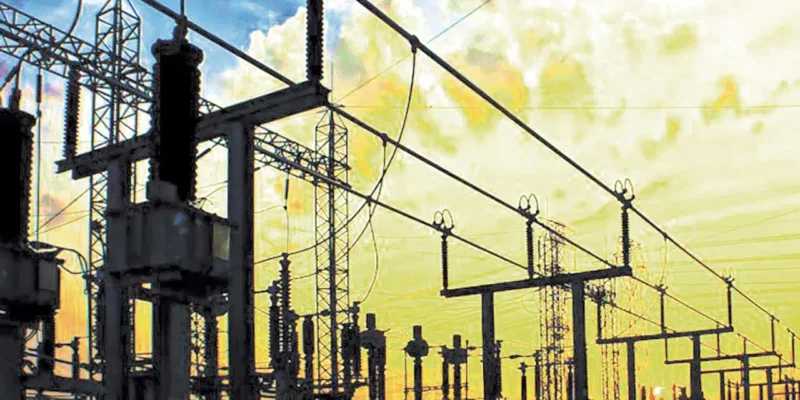
In a bold move to tackle Nigeria’s persistent power supply challenges and recurring national grid collapses, the Nigerian Senate has initiated a strategic partnership with South Korean energy firm, BK Energy, to explore innovative solutions.
The collaboration, spearheaded by the Senate Committee on Power, led by Senator Enyinnaya Abaribe (APGA, Abia South), aims to introduce modern, decentralized energy solutions capable of addressing the nation’s longstanding electricity generation and distribution problems.
Speaking during a high-level meeting with the South Korean delegation in Abuja, Senator Abaribe emphasized the urgency of finding practical, long-term solutions to Nigeria’s energy crisis.
“Our major concern as a committee, and by extension as a people, is how to break the bond and bridge the yawning gap of insufficient power generation in the country,” Abaribe said. “We want you to be very practical in your submission so we can adopt innovative ideas and technology that will provide the solutions we desperately need.”
Mini-Grids and Coconut Power: A New Path Forward
Representing BK Energy, Mr. Haeagwoo Lee and Mr. Sangwoo Park proposed a mini-grid approach as a viable alternative to Nigeria’s single national grid system, which has been prone to repeated failures.
Mr. Lee highlighted South Korea’s success with decentralized power generation, noting that the country, with a population of about 50 million people, generates 130,000 megawatts of electricity without relying on a single, centralized grid.
“There is a need for decentralization when it comes to wheeling or transmitting power to avoid waste and grid collapse,” Lee explained. “Nigeria is fortunate to have an abundance of coconuts, which can be converted into graphene — a key resource for power generation. In South Korea, we use coconut trees to build generating plants within neighborhoods, providing reliable and localized power supply.”
A Green Shift for Nigeria’s Energy Sector
The Chairman and CEO of TUG Energy, Mr. Uzo Udemba, who facilitated the partnership, urged Nigeria to embrace the global shift toward green hydrogen and renewable energy sources. He noted that many countries are abandoning traditional national grid models to adopt more efficient and sustainable power solutions.
“The BK Energy team is here to share innovative technology that can transform Nigeria’s power generation landscape,” Udemba said. “By establishing factories and training Nigerians across key components of the energy value chain, we can position Nigeria as a green hydrogen hub for Africa.”
The Senate Committee on Power expressed optimism about the potential of this partnership to drive significant improvements in Nigeria’s electricity generation, transmission, and distribution.
With plans to explore the coconut-to-graphene model and the development of localized mini-grids, this collaboration could mark the beginning of a new era for Nigeria’s energy sector — one powered by innovation, sustainability, and the humble coconut tree.

Comments